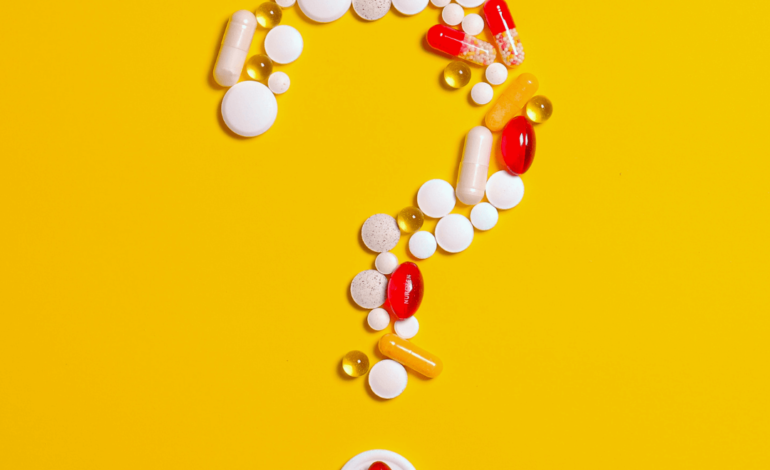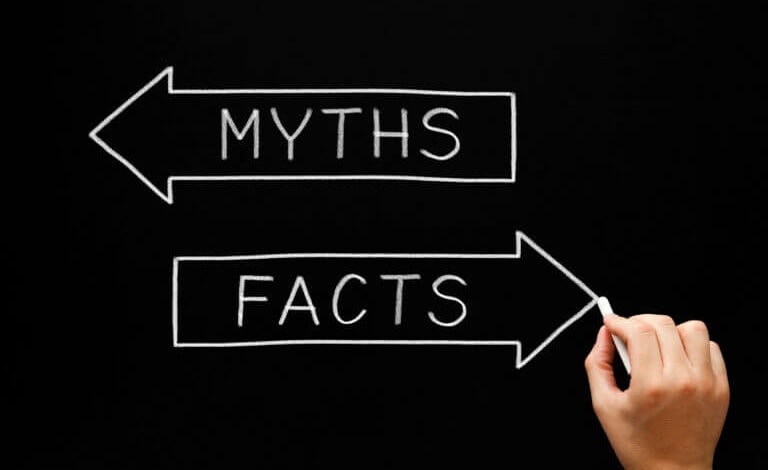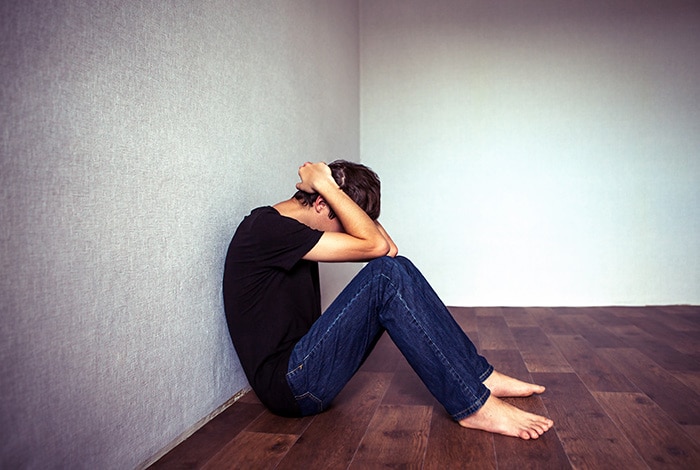Many individuals often interchangeably use the terms “dependency and substance use disorder.” Although these terms share some commonalities, they are not the same and should always be differentiated, especially in the treatment setting.
Defining substance abuse
Substance use disorder is the formal medical term for addiction. It is defined as the compulsive misuse of a substance despite the harmful consequences to the individual’s health, finances, and relationships. The first time an individual misuses drugs or alcohol is often a personal choice, but after a while, drug misuse rewires the brain making it particularly difficult to cut down or stop using due to intense creating urges and cravings. Therefore, a substance use disorder or addiction is not a choice but rather a medical disorder.
Substance use disorder symptoms
Drug-seeking, securing, and using behaviors that develop into a priority
Continuing using drugs despite harmful consequences
Uncontrollable use (having trouble reducing or stopping use)
Neglecting social and work obligations because of drug use
Brain changes in areas that are critical for judgment, decision-making, learning, memory, and behavior control
Treatment for substance use disorders
Treatment for substance use disorders aims at treating the underlying thoughts, triggers, and behaviors that lead the individual to substance misuse. These could be past trauma, depression, anxiety, extreme stress, financial turmoil, loneliness, or underlying medical complications. Recognizing and working through these underlying stressors can help the individual learn and adopt positive coping skills to help deal with future crises and overcome urges and cravings that could result in a relapse.
Substance use disorders are treatable, and recovery is often a lifelong journey as cravings and urges tend to pop up when least expected. Treatment varies from inpatient to outpatient support depending on the severity of the substance use disorder, the specific abused substance, and the presence of co-occurring mental health disorders. Each treatment level of care offers many options. Treatment options include detoxification, family-based interventions, medication-assisted treatment, peer support or recovery service groups, and many psychotherapy approaches such as cognitive behavior therapy. The purpose of substance use disorder treatment is for the individual to stop using drugs for the long term and to contribute to society, in the family, and at work. Treatment looks different for each individual, and the right treatment for that individual means the following:
They can access treatment
They can commit to the treatment plan
Their treatment plan will help them achieve and maintain their recovery
Defining dependence
Substance dependence or dependency can occur in the absence of substance use disorders but can also be a step towards developing a substance use disorder. Dependency occurs when the body adapts to the presence of a certain substance, and when that substance is reduced or eliminated, the body can go into physical withdrawals. Therefore, withdrawals are directly linked to physical dependence on drugs or alcohol. Depending on the substance and the severity of the physical dependence, an individual can experience mild to severe to even life-threatening withdrawal symptoms, often making it difficult to refrain from using. Dependency on opioids, alcohol, and benzodiazepines is specifically dangerous due to the nature of their withdrawal symptoms, and as a result, detoxification should be done in a medically supervised setting. The main difference between substance use disorder and dependency is substance use disorder lies within the behavior and underlying triggers associated with compulsive drug use. In contrast, dependency does not pertain to behaviors and triggers.
Treatment for substance dependence
Since dependence is directly related to withdrawal, detoxification is the treatment for physical dependency. Detoxification aims to eliminate the misused substance from the body while minimizing any withdrawal symptoms and cravings. This is often done in a supervised setting, and depending on the substance, medications can be given to prevent dangerous and painful withdrawal symptoms. Detoxification can last anywhere from a few days to two weeks. Once the individual has safely detoxed and does not have a substance use disorder, they are free to go home. However, if the individual also has a substance use disorder, they are usually recommended to undergo further treatment that aims to recognize and treat their underlying triggers and behaviors associated with their substance abuse disorder since detoxification does not address any of these issues.
About AKUA Mind and Body
AKUA Mind and Body is a full-service treatment center that provides residential treatment, partial hospitalization, intensive outpatient treatment, outpatient treatment, and virtual treatment to both men and women struggling with a substance use disorder, dependency, a mental health disorder, or both (co-occurring disorder). AKUA Mind and Body provides compassionate, evidence-based treatment to all individuals and families. We combine evidence-based medications and psychotherapy approaches with holistic therapies such as meditation, yoga, and equine therapy, as we believe in treating the mind, body, and spirit.
Our clinical staff and ancillary treatment teams take great pride in the care that we provide to our clients and their families. From intake to discharge, we believe in treating the client as an individual and not just treating the disorder. As a result, we provide individualized treatment plans for every client. We offer our treatment services across many locations in California, including Orange County, Newport Beach, San Diego, and Sacramento.




